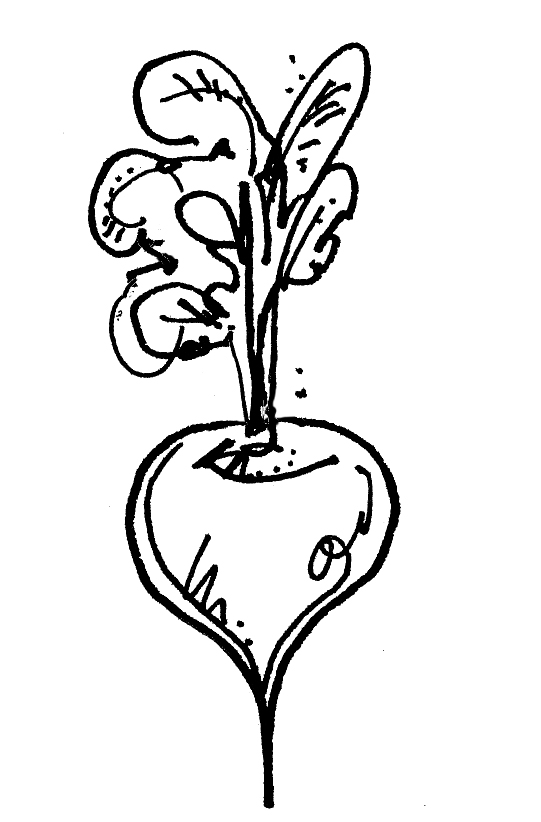6 Things to Learn from the Class of 2016

1. Computer science is a form of magic.
“In a fantasy story, with the right runes, a wizard can do anything. With the right codes, a programmer can do anything,” says computer science major Alex Shinsel ’16. She is designing a video game in which a bat flies through various landscapes in the dark. Her game uses light to mimic echolocation: The bat has to send out a sound to light up the environment and see obstacles to avoid. “Echolocation is cool, and I’m pretty sure it’s never been used in game play.”
2. People burn out on tragedy.
Nicole George ’16 is an environmental science major with a political science emphasis. She’s studied compassion fatigue — typically a term used in relation to healthcare fields — in regard to public attention and fundraising post-tragedy. The results: High-impact stories about individuals lead to more public support than death tolls. “People can’t see the abstract numbers,” she said. People also need a step-by-step guide for how they can be part of a solution. “I feel like this would help nonprofits and nongovernmental organizations to help the general public.”

3. Students need the chance to conduct hands-on experiments with industry equipment.
Chemistry major Breanna Miranda ’16 developed a lab activity that will allow future chemistry students to analyze kombucha tea using two different methods. The lab gives undergraduates a rare opportunity to use HPLC chomotography. “It’s important for undergraduates to interact with bigger instruments.”

4. Access to healthy food isn't enough.
Public health major Sara Davidson ’16 developed a plan to help the nonprofit St. Vincent de Paul organization in Forest Grove get winter produce from Pacific’s B Street farm and offer cooking classes to help people incorporate healthier food into their diets.
5. Affordable, sustainable housing is not only possible, it's critical to addressing homelessness in communities.
Environmental studies major Isabella Barcellona ’16 investigated the conditions necessary to create affordable sustainable housing in the Portland Metro Area and found that political will and a long-term investment approach are key.
The vast majority of homeless individuals lack affordable housing. “The idea that it’s all drug abuse or mental illness is false,”she said. If affordable housing was taken out of the equation, help for drug abuse and mental illness could be more effectively provided, she said. Barcellona presented her findings at a
Forest Grove symposium on housing in March and hopes to keep working locally to promote the development of affordable, sustainable housing.

6. Music really is math.
Computer science majors Nicole Lewey ’16 and Jacob Lundren ’16 are designing an Android app that will take an input melody and create accompanying chord patterns. Chordinate will use an algorithm to create chords around the notes in the melody and the composer’s preference of major or minor key, Lewey said. Future incarnations might bring common chord progressions into the equation to help make the music sound a even more human-generated, Lewey said. ■
This story first appeared in the Spring 2016 issue of Pacific Magazine. For more stories, visit pacificu.edu/magazine.


